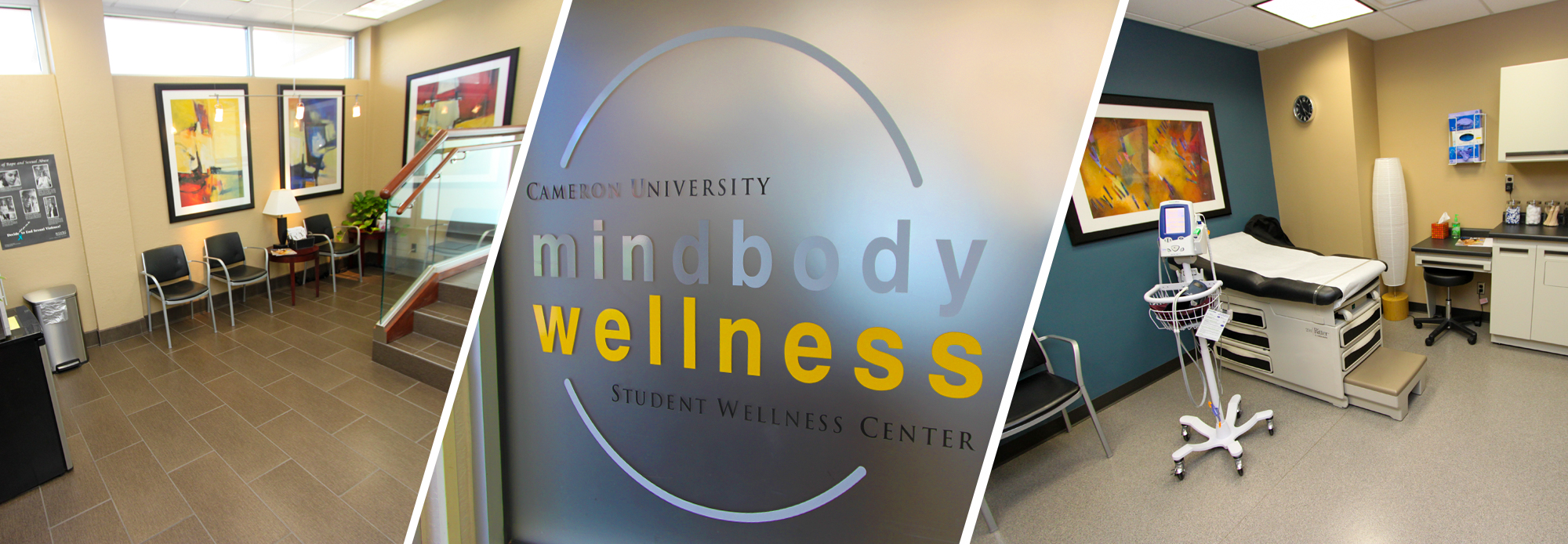How to Help Others
Some people laugh at the behavior of others who are drunk. Some think it’s even funnier when they pass out. But there is nothing funny about the aspiration of vomit leading to asphyxiation or the poisoning of the respiratory center in the brain, both of which can result in death.
When should you seek professional help for a friend? Sadly enough, too many college students say they wish they would have sought medical treatment for a friend. Many end up feeling responsible for alcohol-related tragedies that could have easily been prevented.
There are two kinds of intervention. One is less formal, though it will nevertheless take a strong commitment on your part. If you have a friend who might have a problem with alcohol, and you feel you can help him or her on your own, then follow our six-step plan.
Step 1 Get sound advice. Go to a school counselor, a campus nurse, or someone else you trust. You don't have to name any names, if you explain your predicament to a third party, it will help you figure out how to proceed.
Step 2 Get sobriety on your side. When it's time to confront your friend, make sure he or she isn't drunk. It's going to be hard enough to convince your friend that he or she needs help, and you've already seen that it's impossible to reason with a drunk person. The time will never feel "right" to bring up such a tough subject; but beginning your talk when you're both alert will give you a better chance of being heard.
Step 3 Drum up your willpower. Realize that this is not going to be easy. Before you speak to your friend, have a definite plan for how you'll start helping them. Find out about A.A. meetings or other substance abuse counseling that's available, and plan to accompany your friend to at least a few meetings. All recovering addicts need the support of people who love them in order to successfully battle their problem. If you decide you want to work through it with him or her, make sure you've got the strength to stick it out. you might consider attending a support group such as Al-Anon to work through your own feelings as you help your friend through the recovery process.
Step 4 Keep it personal. Begin the conversation with your friend by letting him or her know you care, and that's why you're to be straight. Use your own feelings about the situation - "The way you act when you're drinking makes me worry about you" - instead of, "So-and-so said you got sloppy drunk and insulted her." Be up front and list the negative effects you've seen alcohol have on the person, including alcohol-related health problems, memory loss, poor grades, isolation from family and friends, etc. Your friend won't be able to ignore the hard evidence.
Step 5 Expect denial. It won't be easy getting your friend to admit he or she's got a problem with alcohol. Accepting that you've developed a dependency on alcohol can be humiliating and shameful. So do what you can to reassure his or her dignity: Remind your friend that this dependency is the one personal obstacle that he or she has to overcome, and that there are many great things that make your friend a valuable human being. The first talk you have with your friend about this problem probably won't be the last. But don't give up.
Step 6 Follow through. Ultimately, it must be your friend's choice to help him-or herself. Once that decision is made, show your support: Prove that you meant it when you said you'd attend A.A. meetings with him, or that you'd opt for going to the movies with her instead of hitting that 10-keg victory party. Knowing you're there to lean on during moments of weakness when he or she really, really wants a drink will help set your friend on the path to recovery. For your part, you need to have patience and remind yourself you're being a true and good friend.
The other kind of intervention involves thorough training with a professional, where a team develops a strategy for confronting a substance abuser . If the person you need to confront has a history of...
- Abusive, violent, or unpredictable behavior
- Mental illness, suicidal threats, or attempted suicide
- Chronic depression
- Numerous failed attempts at sobriety
... it is strongly recommended that you get professional help in devising an intervention plan before you confront your friend.
Critical Signs and Symptoms of Alcohol Poisoning
- Mental confusion, stupor, coma, or person cannot be roused
- Slow breathing (fewer than 8 breaths per minute)
- Irregular breathing (10 seconds or more between breaths)
- Vomiting
- Seizures
- Hypothermia (low body temperature), bluish skin color, paleness
What Should I do if I Suspect Someone has Alcohol Poisoning?
- Know the danger signals
- If there is any suspicion of an alcohol overdose, call 911 for help and 581-2911 on campus. Don’t try to guess the level of drunkenness.
- Do not wait for all symptoms to be present
- Be aware that a person who has passed out may die
What Can Happen to Someone with Alcohol Poisoning that goes Untreated?
- Victim chokes on his or her own vomit
- Heart beats irregularly or stops
- Untreated severe dehydration from vomiting can cause seizures, permanent brain damage, or death
- Breathing slows, becomes irregular, or stops
- Hypothermia (low body temperature)
- Hypoglycemia (too little blood sugar) leads to seizures
If you or someone you know may be suffering feel free to contact the Student Wellness Center at (580) 581-6725 . For more information on our counseling program check out our counseling link on the Student Wellness Center home page.

